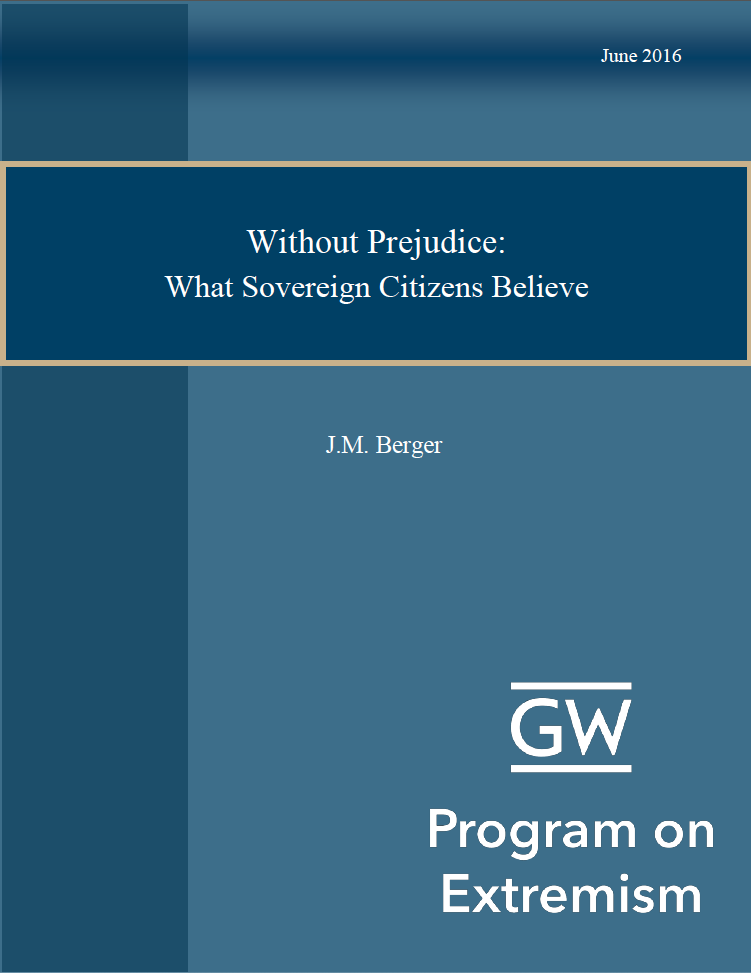When surveyed, United States law enforcement consistently ranks sovereign citizens as the top domestic extremist threat, even greater than that presented by homegrown jihadists. Despite the considerable size of the movement, estimated to include hundreds of thousands of adherents, few Americans know what sovereigns believe and how those beliefs inform their actions.
So-called sovereign citizens believe in an alternate history of the U.S., replacing reality with a vast conspiracy governed by complex, arcane rules. They believe that if someone understands and properly invokes those rules, that person is exempt from many laws, including the obligation to pay taxes, and that he or she can be empowered to seize private property, enforce legal actions against individuals, and claim money from the government. When faced with arrest for illegal actions that they believe are legal, sovereign citizens can become violent.
What exactly do sovereigns believe? The answer is complicated. There are many variations on sovereign ideology, and while some are more common than others, any two sovereign citizens might offer different explanations. And the explanations that are offered may seem incoherent to people who are not immersed in sovereign subculture. Although the movement itself is relatively young, first meaningfully coalescing in the 1990s and growing rapidly since, it is based on beliefs that go back decades.
In order to bring light to this topic, this paper will:
- Outline the basic concepts to which at least a plurality of sovereigns subscribe.
- Provide information on the origins of the most significant sovereign ideas.


